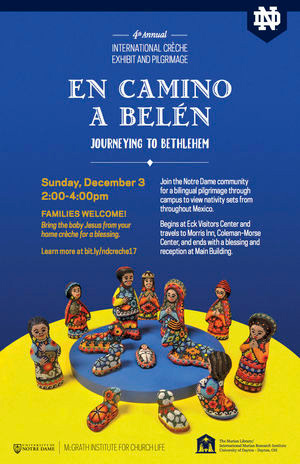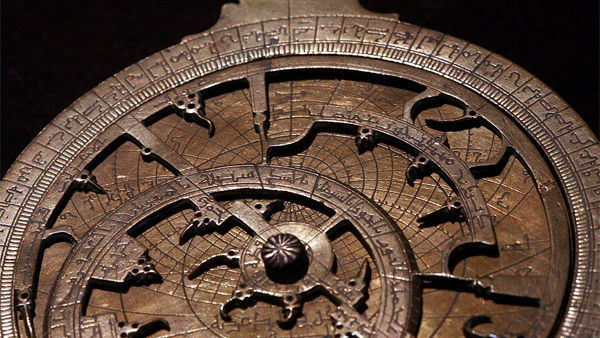from Writer's Almanac (American Public Media, Garrison Keillor):
November 29 i
s the birthday of novelist and Christian apologist
C.S. Lewis, born Clive Staples Lewis in Belfast, Ireland (1898). He grew up in a big house out in the country. He said: "I am the product of long corridors, empty sunlit rooms, upstairs indoor silences, attics explored in solitude, distant noises of gurgling cisterns and pipes, and the noise of wind under the tiles. Also, of endless books." He was particularly fascinated by Norse myths and old Scandinavian epics.
Lewis became an atheist after his mother died, and his atheism deepened after he fought on the front lines in France during WWI. He studied at Oxford University, and then became a professor there. After he had been teaching for about a year, he went to an Oxford faculty meeting and met a young professor of Anglo-Saxon named J.R.R. Tolkien. Lewis described Tolkien in his diary: "He is a smooth, pale, fluent little chap [...] thinks all literature is written for the amusement of men between 30 and 40 [...] No harm in him: only needs a smack or two." Despite his initial misgivings, Lewis and Tolkien became good friends when Lewis joined Tolkien's newly formed Icelandic Society. Lewis wrote to his best friend from childhood: "You will be able to imagine what a delight this is to me, and how, even in turning over the pages of my Icelandic Dictionary, the mere name of a god or giant catching my eye will sometimes throw me back 15 years into a wild dream of northern skies and Valkyrie music."
In 1929, Lewis converted from atheism to theism (but still not to Christianity). He described how for months he felt God's presence in his room each night, and finally, he gave in. He described himself as "perhaps, that night, the most dejected and reluctant convert in all England." Two years later, he invited Tolkien and another friend to dinner, and afterward they spent hours walking along the river on the Oxford campus and discussing Christianity and myth. A few days later, Lewis officially converted to Christianity, riding on a motorcycle on the way to the Whipsnade zoo with his brother. He said, "When we set out I did not believe that Jesus Christ is the Son of God, and when we reached the zoo I did."
It was around that time that Lewis and Tolkien began meeting regularly with a group of friends who became known as "The Inklings." The Inklings met for 16 years. Each week they gathered midday in a back room at the Eagle and Child pub (which they called the Bird and Baby) for food, cider, and informal conversation. The serious literary events occurred each Thursday evening in Lewis's apartment, which was not particularly clean. Lewis flicked his cigarette ashes directly on the carpet, and as one member pointed out, it was impossible to tell whether his gray chairs and sofa were gray originally or were just dirty. The Inklings would arrive slowly between 9 and 10:30 p.m., someone would make a pot of strong black tea, and they would take turns reading aloud from whatever they were writing. Over the years, Tolkien read The Lord of the Rings, and Lewis The Screwtape Letters (1942), his book of fictional advice letters from a senior demon, Screwtape, to his nephew Wormwood.
One day Lewis sat down to write a story for his goddaughter, Lucy. He said it "began with a picture of a Faun carrying an umbrella and parcels in a snowy wood. The picture had been in my mind since I was about 16. Then one day when I was about 40, I said to myself: 'Let's try to make a story about it.'" That was The Lion, the Witch and the Wardrobe (1950), which Lewis followed with six sequels, known collectively as The Chronicles of Narnia.
Lewis's other books include Mere Christianity: Radio Talks (1952) and Surprised by Joy (1955).

